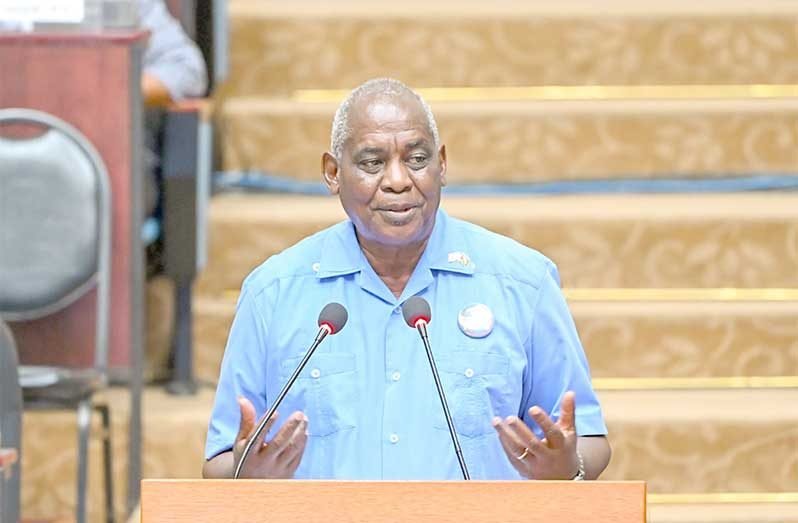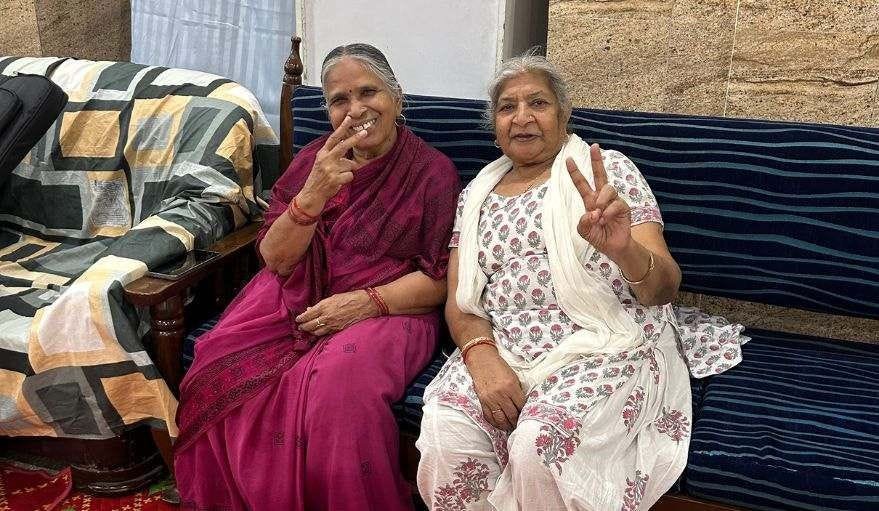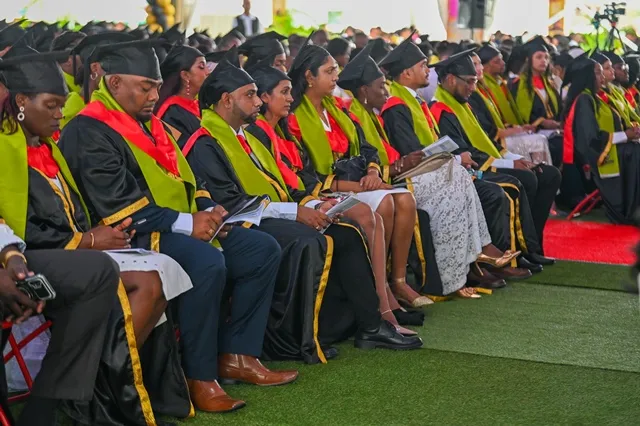In a bold legislative move to combat crime, Guyana’s National Assembly on June 2 unanimously passed the Criminal Law (Miscellaneous Provisions) Bill 2025, which imposes stiff new penalties on anyone who wears a mask or disguise while committing a crime. The bill, introduced by Attorney General Anil Nandlall, aims to deter criminals who exploit anonymity to evade detection and identification.
Under the new law, offenders face up to G$750,000 in fines and three years’ imprisonment for the mask-related offense alone – in addition to any penalties associated with the underlying crime.
A Response to Escalating Trends in Masked Crimes
In recent years, Guyana has seen a rise in violent crimes involving masked assailants, from home invasions and robberies to piracy. Criminals have been known to use balaclavas, Halloween masks, and even realistic latex disguises to avoid detection, frustrating police and victims alike.
Attorney General Nandlall stated:
“Anonymity is not a shield for criminal behavior. This law ensures the use of masks to aid criminal acts will be treated as an aggravating factor under the law.”
Home Affairs Minister Robeson Benn supported the bill, emphasizing that masked criminals “feel emboldened” by the sense of invisibility. Citing public surveys, Benn pointed to widespread anxiety about masked men on motorcycles – an image now strongly associated with banditry.
What the Law Says
The key provisions include:
-
An additional offense for using a mask, hood, or disguise while committing or attempting to commit a crime
-
Police power to arrest individuals wearing masks in public with intent to commit a crime
-
Clear exemptions for legitimate uses:
-
Religious coverings (e.g., hijabs)
-
Cultural wear (e.g., festival masks)
-
Medical or occupational protection (e.g., COVID-19 masks, safety gear)
-
The AG’s Chamber emphasized these exemptions to prevent misuse and to reassure religious and cultural communities that lawful expressions are not under threat.
Bipartisan Backing, Cautious Optimism
Opposition MPs, including Shadow Home Affairs Minister Geeta Chandan-Edmond, endorsed the bill. While raising concerns about potential overreach, Chandan-Edmond agreed it was a necessary deterrent. Her defection from the opposition days later made her bipartisan support for the bill all the more notable.
A New Tool in the Crime Prevention Toolkit
The new law is part of a broader crime-fighting agenda under the PPP/C administration:
-
In May, Parliament passed Representation of the People Act amendments to secure elections
-
Last month, new penalties for gunrunning and gang activity were approved
-
A Regional Joint Support Team was established to tackle organized crime
AG Nandlall tied the reforms together with a quip:
“We’ve plugged holes in our electoral laws and now we’re plugging holes in criminals’ masks – either way, we’re stopping frauds.”
Legal and Enforcement Considerations
Legal experts say the law aligns with trends in Jamaica, Bahamas, and several U.S. states, which impose enhanced penalties for masked crimes. Still, implementation will be critical. Police will need:
-
Training in collecting evidence linking the disguise to the crime
-
Use of CCTV, DNA evidence, or witness testimony to prove intent
Merely wearing a mask is not enough for conviction – prosecutors must show it was used to facilitate a crime.
Public Reaction and Campaign Plans
Public feedback has been largely positive, especially on social media. Comments like “Long overdue” and “Bandits walk free behind masks” echoed across platforms. However, civil society groups urged clarity on enforcement, especially regarding peaceful protests where face coverings might be worn.
The AG’s office reiterated:
“Peaceful protestors wearing bandanas are not the target of this law. It applies where criminal intent and conduct are proven.”
The government plans a public awareness campaign with the message:
“If you do the crime and wear a mask, you will do more time.”
Impact and Political Implications
As crime remains a top electoral issue, the bill’s passage gives the government a strong platform to showcase its tough-on-crime stance ahead of the 2025 elections. The opposition, having failed to implement such a measure during its 2015–2020 tenure, now finds itself aligning with the government on security reforms.
For the public, the law provides another layer of protection in a society where masked violence has long haunted memory and news cycles. While it won’t eliminate masked crimes overnight, it adds teeth to prosecutions and removes a layer of protection from criminals, reinforcing that visibility equals accountability.
Region: Georgetown (Parliament); National Applicability
Sources:
-
Department of Public Information – dpi.gov.gy
-
Official Gazette
-
Attorney General’s Remarks in Parliament
-
Ministry of Home Affairs
-
Facebook Video Recordings of Parliamentary Session




